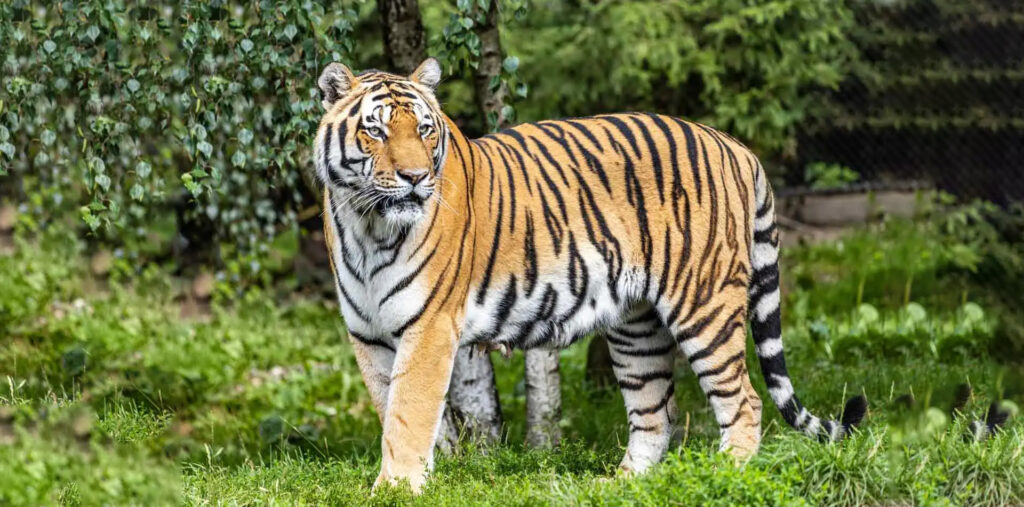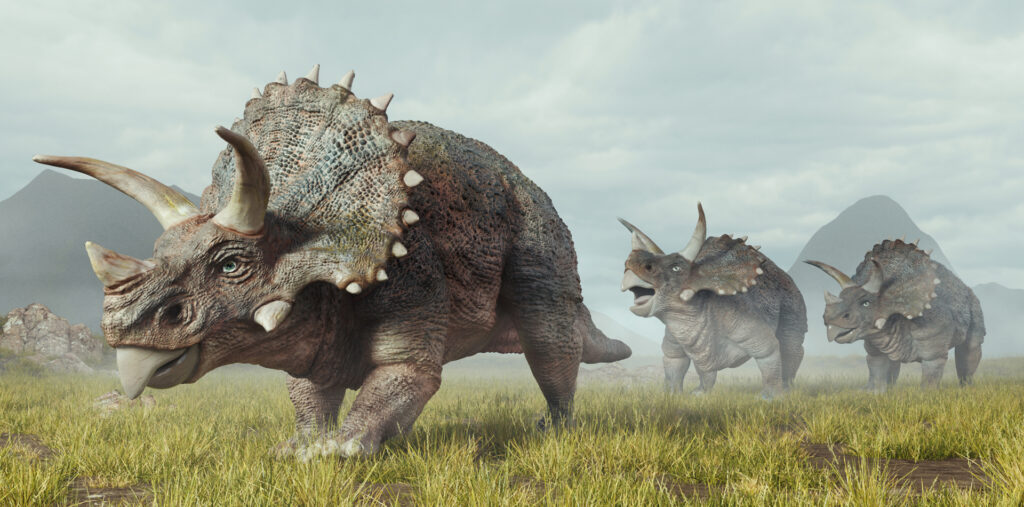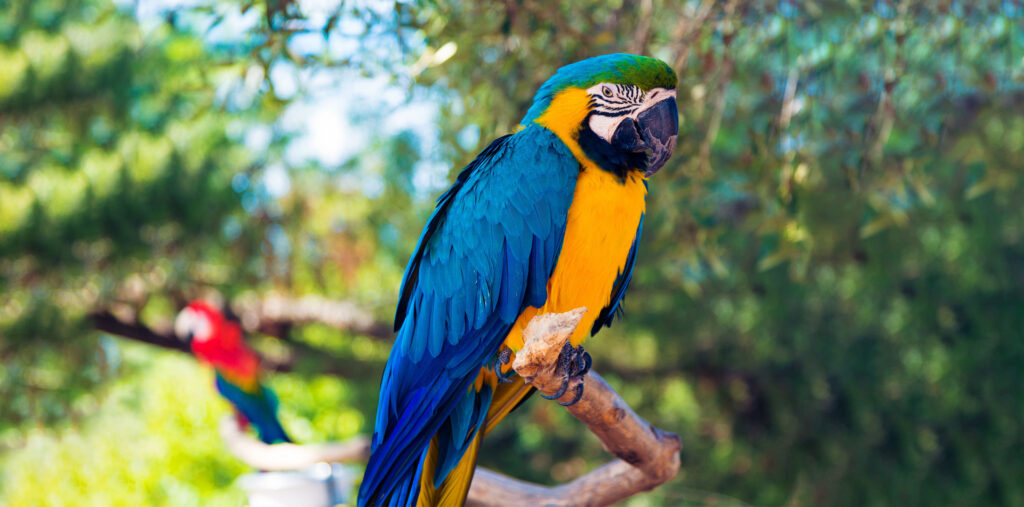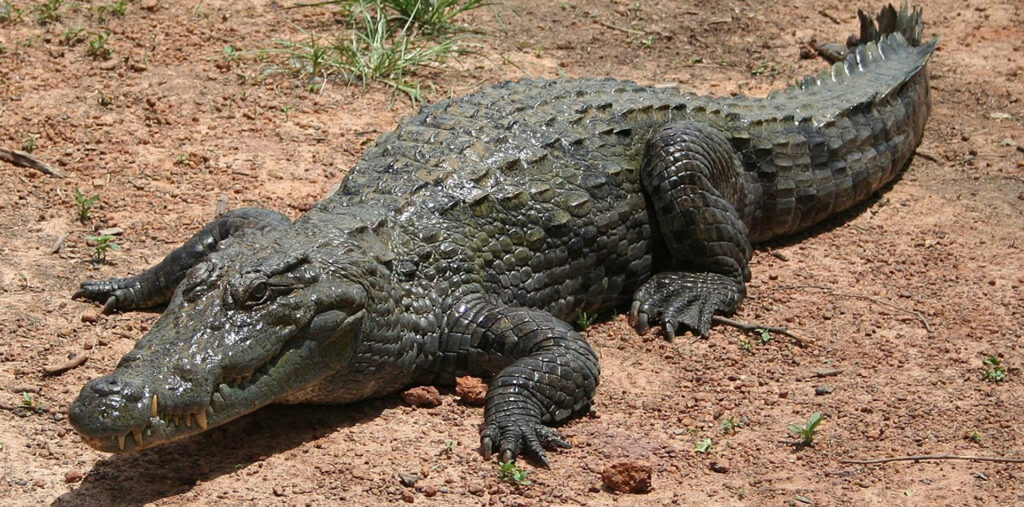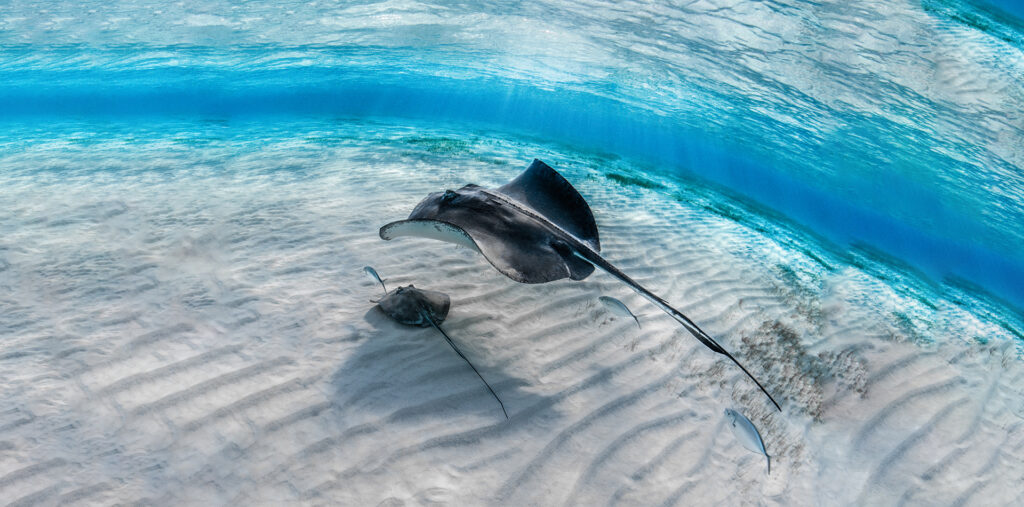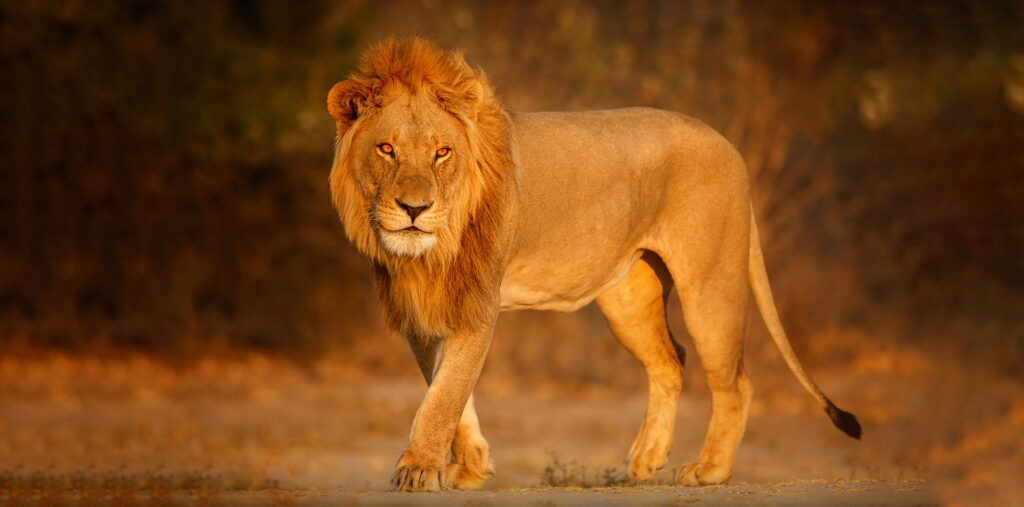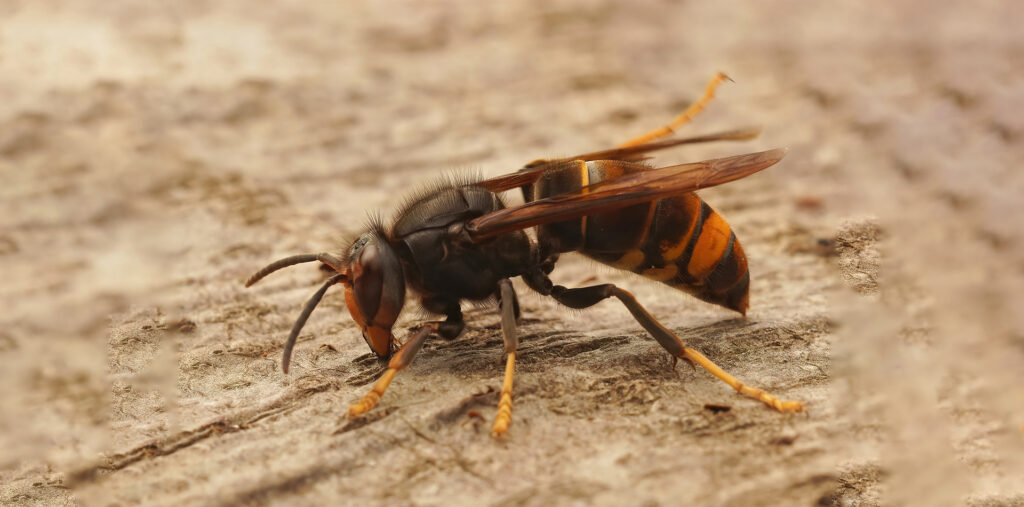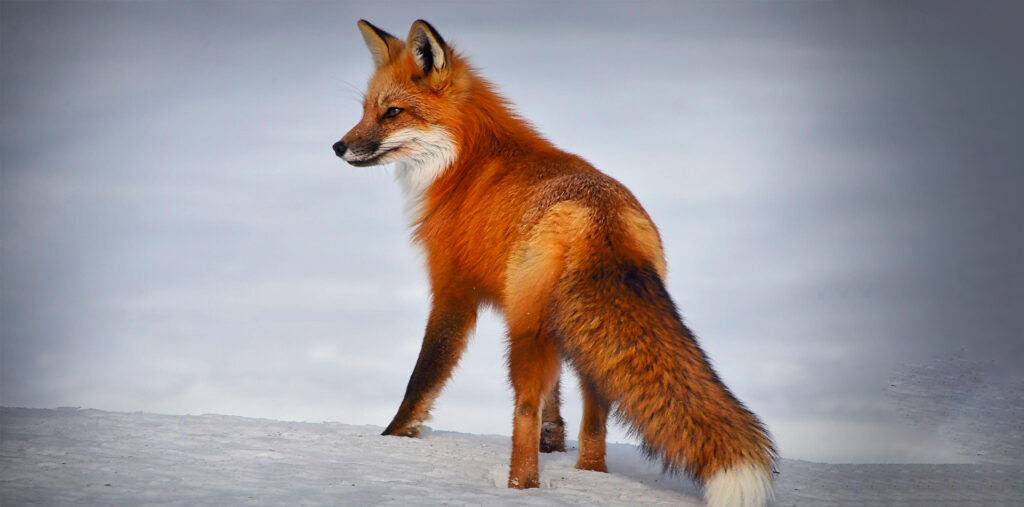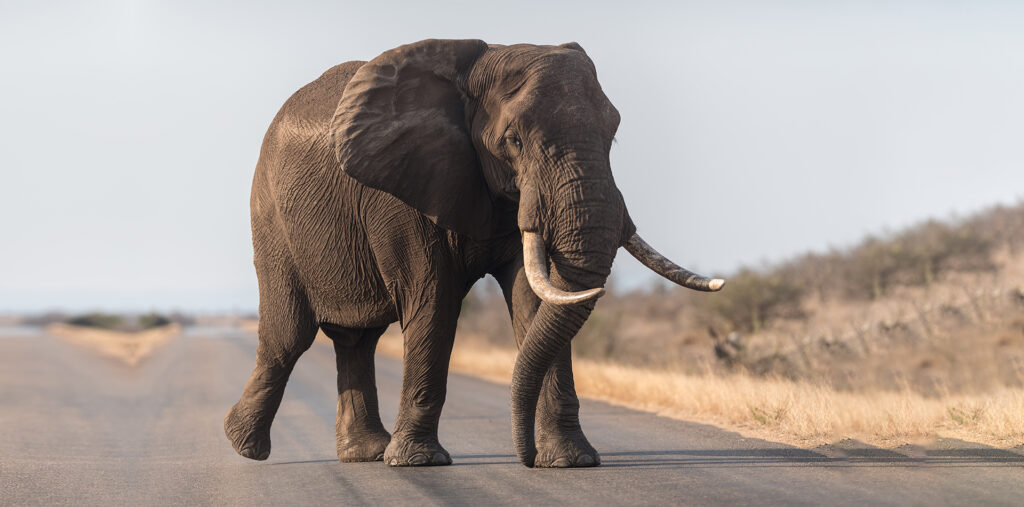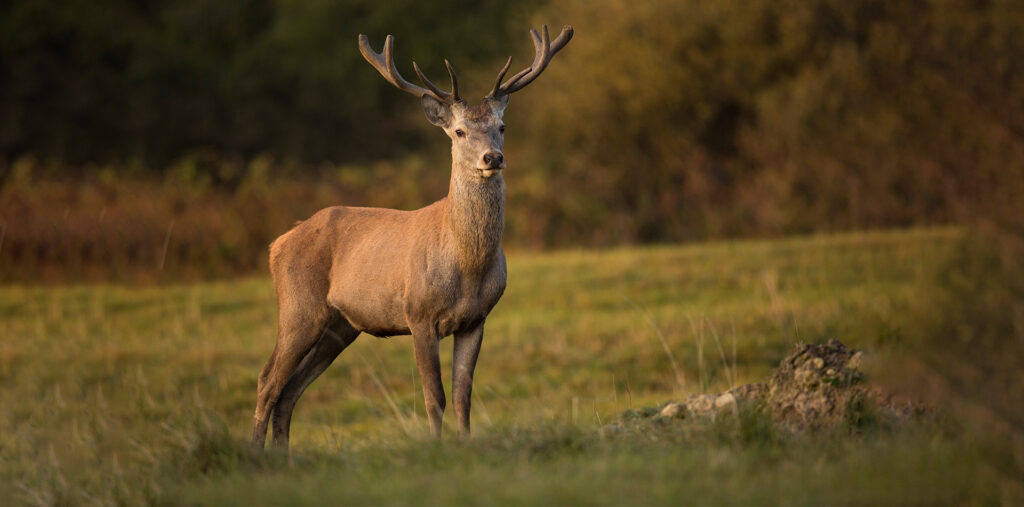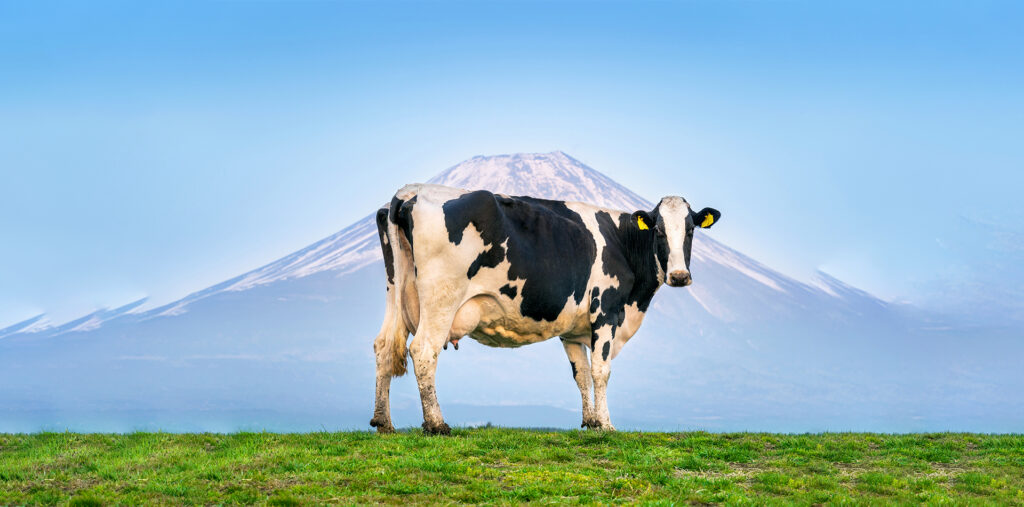Meet with African Penguin
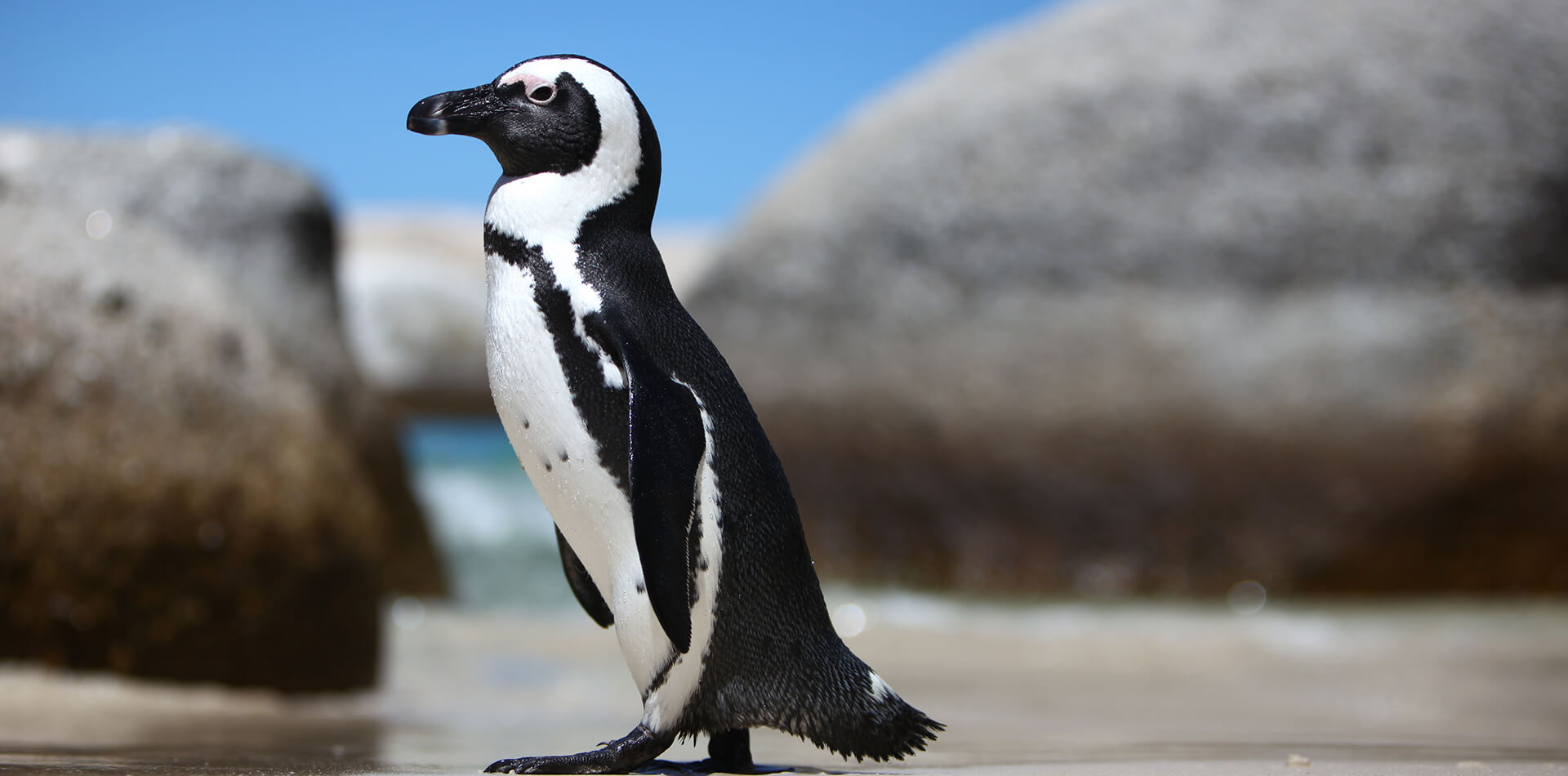
Welcome to our comprehensive guide to the African penguin! These charismatic birds, also known as the jackass penguin due to their braying call, are native to the coastal waters of southern Africa. In this blog post, we’ll explore everything you need to know about African penguins, from their habitat and behavior to conservation efforts aimed at protecting these beloved birds.
African penguins, like many penguin species, have varying lifespans depending on factors such as predation, disease, and environmental conditions. In the wild, African penguins typically live between 10 to 15 years on average. However, some individuals have been known to live into their 20s or even 30s in exceptional cases.
In captivity, where they are not subject to the same threats as in the wild, African penguins can live even longer. With proper care and access to a suitable environment, captive African penguins have been documented living into their 30s and beyond.
Overall, the lifespan of African penguins can vary, but efforts to conserve their natural habitats and mitigate threats such as overfishing and pollution are crucial for ensuring their longevity in the wild.
Habitat and Distribution:
African penguins are found along the coastlines of South Africa and Namibia, where they inhabit rocky shores, sandy beaches, and islands. They rely on these coastal habitats for breeding, foraging, and roosting, with some colonies located in protected areas such as national parks and nature reserves.
Physical Characteristics:
African penguins are easily recognizable by their distinctive black and white plumage, which helps camouflage them while swimming in the ocean. They have a black stripe across their chest and a horseshoe-shaped band of black feathers across their back. These penguins have unique pink patches of skin above their eyes, which help regulate their body temperature.
Behavior and Diet:
African penguins are highly social birds that live in colonies, where they engage in activities such as nesting, preening, and vocalizing. They are agile swimmers and expert hunters, feeding primarily on small fish such as anchovies and sardines. African penguins use their streamlined bodies and flipper-like wings to propel themselves through the water, often diving to depths of up to 100 meters in search of food.
Conservation Status:
Despite their charming appearance, African penguins face numerous threats in the wild, including overfishing, pollution, habitat destruction, and predation by introduced species. As a result, their populations have declined significantly over the past century, leading to their classification as an endangered species. Conservation efforts are underway to protect African penguins and their habitats, including the establishment of marine protected areas, the removal of invasive predators, and the rehabilitation of oiled and injured birds.
How You Can Help:
There are several ways you can contribute to the conservation of African penguins and other marine wildlife. Supporting organizations that work to protect penguin habitats, reducing your carbon footprint to mitigate climate change, and practicing responsible ecotourism are all meaningful ways to make a difference. Additionally, spreading awareness about the plight of African penguins and advocating for stronger conservation measures can help ensure a brighter future for these iconic birds.
African penguins are fascinating creatures that play a vital role in the marine ecosystems of southern Africa. By learning more about these beloved birds and supporting conservation efforts aimed at protecting them, we can all contribute to their survival and ensure that future generations can continue to marvel at their beauty and grace.
